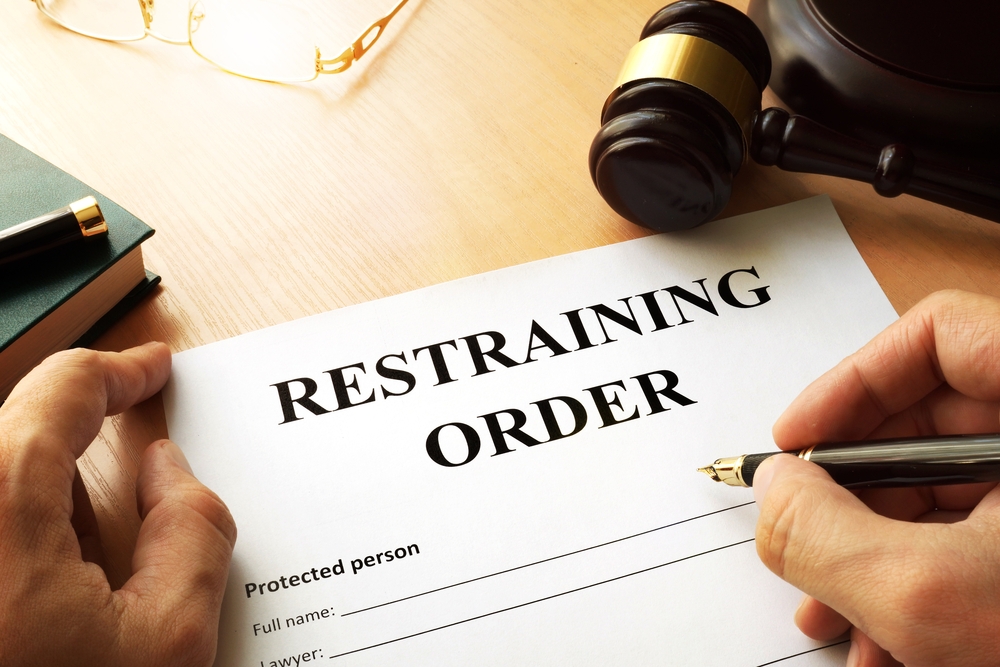
In the recent unpublished case of K.P. v. N.G., Docket A-1425-22, March 14, 2024, the trial court didn’t just make one mistake it made many. This is a classic case of a judge over-delegating its role as the finder of facts and decision-maker in a case to a court appointed expert. The problem is that the court seems to have pre-determined the outcome and simply disregarded the opinion of one expert in favor of the expert who provided the judge the outcome that the judge wanted.
Among the errors noted by the appeals court were: the Guardian ad Litem (GAL) put on the record recommendations that contradicted the written report; the trial court did not allow the parties to cross-examine the expert; the trial court did not allow the parties to have a hearing; the trial court did not analyze the custody factors before changing custody; the trial court did not make any findings of fact or conclusions of law (at all); the trial court ignored the reports of other experts who had been appointed by the court.
In this case, the parties had a very young child at the time of the divorce and a Final Restraining Order (FRO) in place. Notwithstanding this, the parties agreed on joint legal custody and a parenting plan back in 2013. The parenting time was later modified by consent in 2018. Thereafter, there was no further court proceedings until 2021. The defendant/dad apparently moved to Tennessee and the plaintiff/mom sought to suspend the dad’s parenting time.
At this point, the court ordered a custody investigation by BFC. Here is where the case gets strange. The evaluation is favorable to dad and not favorable to mom (at least the limited portion reported in the opinion). If anything, the report suggests that mom is intentionally excluding dad from parenting decisions. The report further noted that this was a serious concern and a risk to the father-child relationship. We can infer that the report was not only negative about mom, but didn’t give the court the conclusion that it wanted.
Four months after that report, the trial court appointed a GAL and allowed the plaintiff to get her own expert. Also, a parenting coordinator was appointed. After another 7 months, the GAL report had been issued and the court had the parties appear. Notably, the GAL report was issued on November 21, 2022 and the court ordered the parties to appear in court. On that date, the GAL put the recommendations on the record, but those recommendations contradicted the report.
Although the court allowed the attorneys to make arguments, the court denied the parties the ability to cross-examine the GAL and completely ignored the prior report from BFC. Significantly, the GAL report was more favorable to the mother. The trial court then gave the mother essentially sole legal custody and took away parenting time from the father. The appeals court noted that this relief was actually more than what mom asked for back in 2021.
As a result of the multiple errors, the trial court’s order was vacated and the case was sent back to the trial court for a full hearing on the issues.
In addition to the problems noted by the appeals court, we can read between the lines on at least some of what happened here. The trial court seems to be biased in favor of mom and against dad. After the initial favorable report from the BFC was issued the trial court could have (and perhaps should have) acted on those recommendations, but did not. Knowing that there was at least one expert stating that mom was actively interfering with the father’s parenting rights and relationship with the child, the court gave the mom more opportunities to continue her interference and delay the case for another 7 months by appointing a second expert to make a report. Then only after a report favorable to mom was issued did the trial court act swiftly. These types of rulings are precisely the red flags that should trigger the need for an appeal.
The parties were embroiled in litigation for over 3 years before this was resolved. Three years is significant in the life of a child. Throughout this time, the mother was allowed to essentially assert sole legal authority over the child and significantly limit the father’s access. This is irreparable and the court cannot later remedy this in any meaningful manner. Rather, this exactly the type of case that should have been either expected or take to the appeals court sooner.
However, these are exactly the types of errors in your case that you should be alerted to. If you are in the middle of custody litigation and see these mistakes happening ask your attorney what can be done to remedy these errors sooner. Or contact an experienced custody attorney to evaluate your case.

